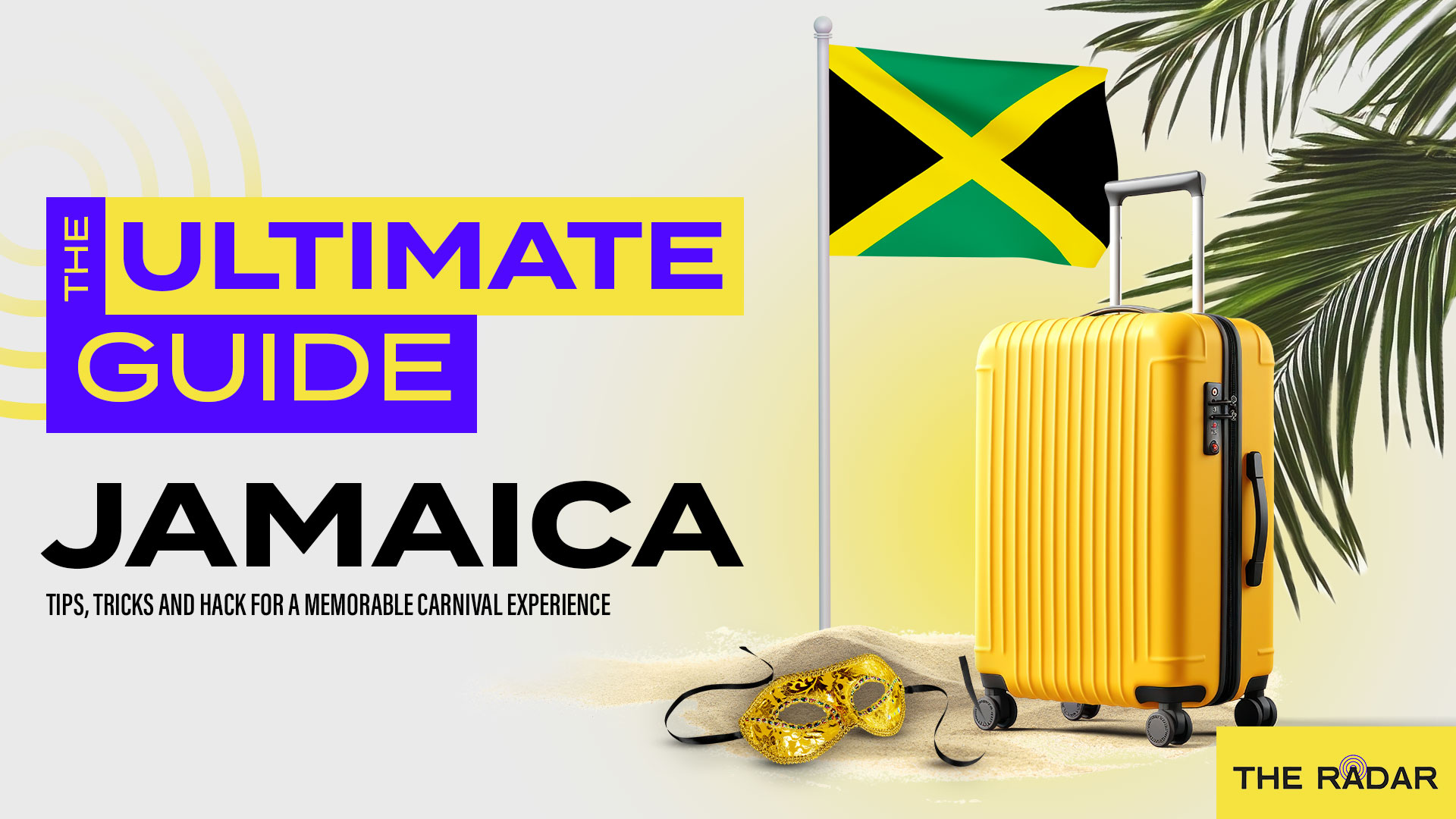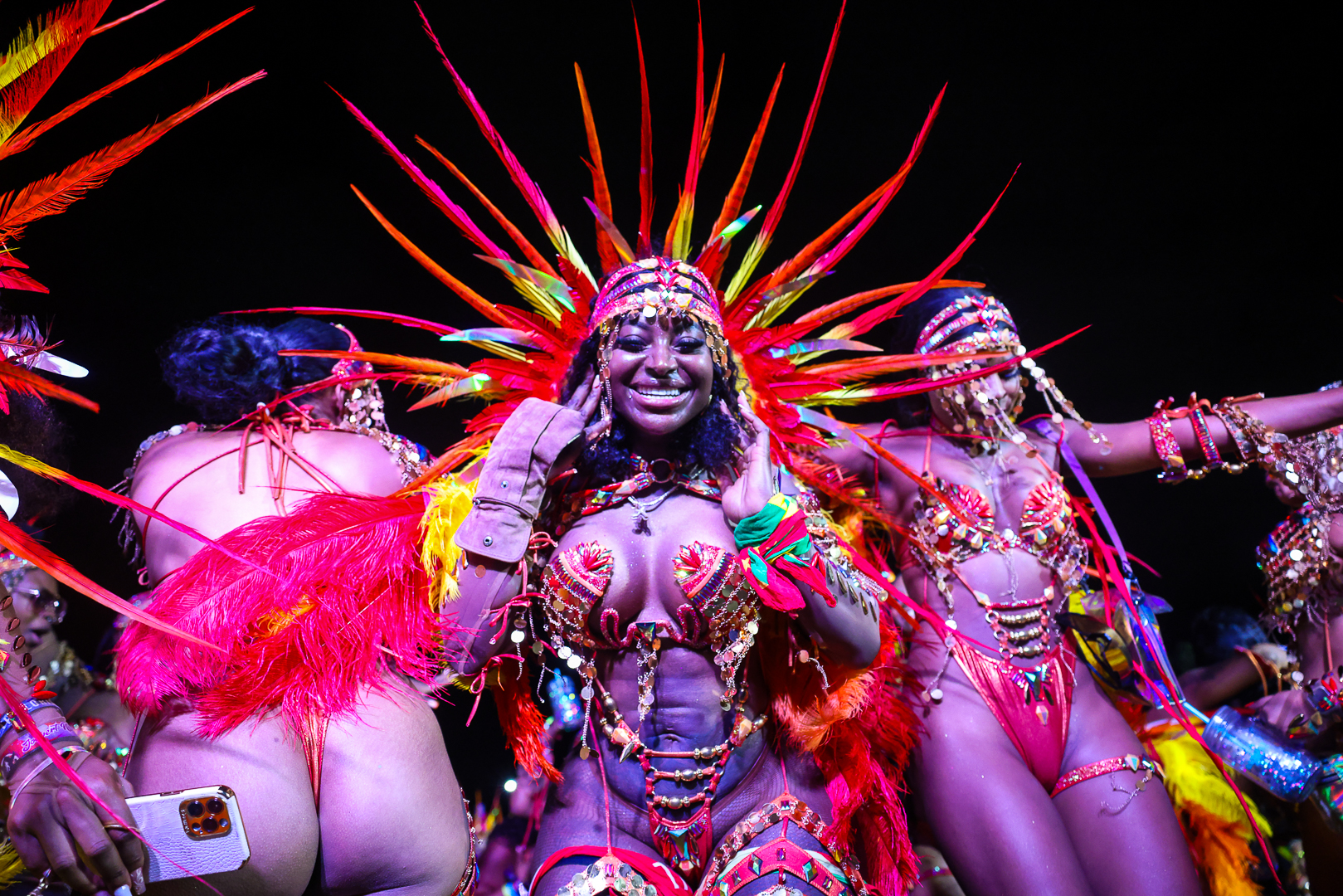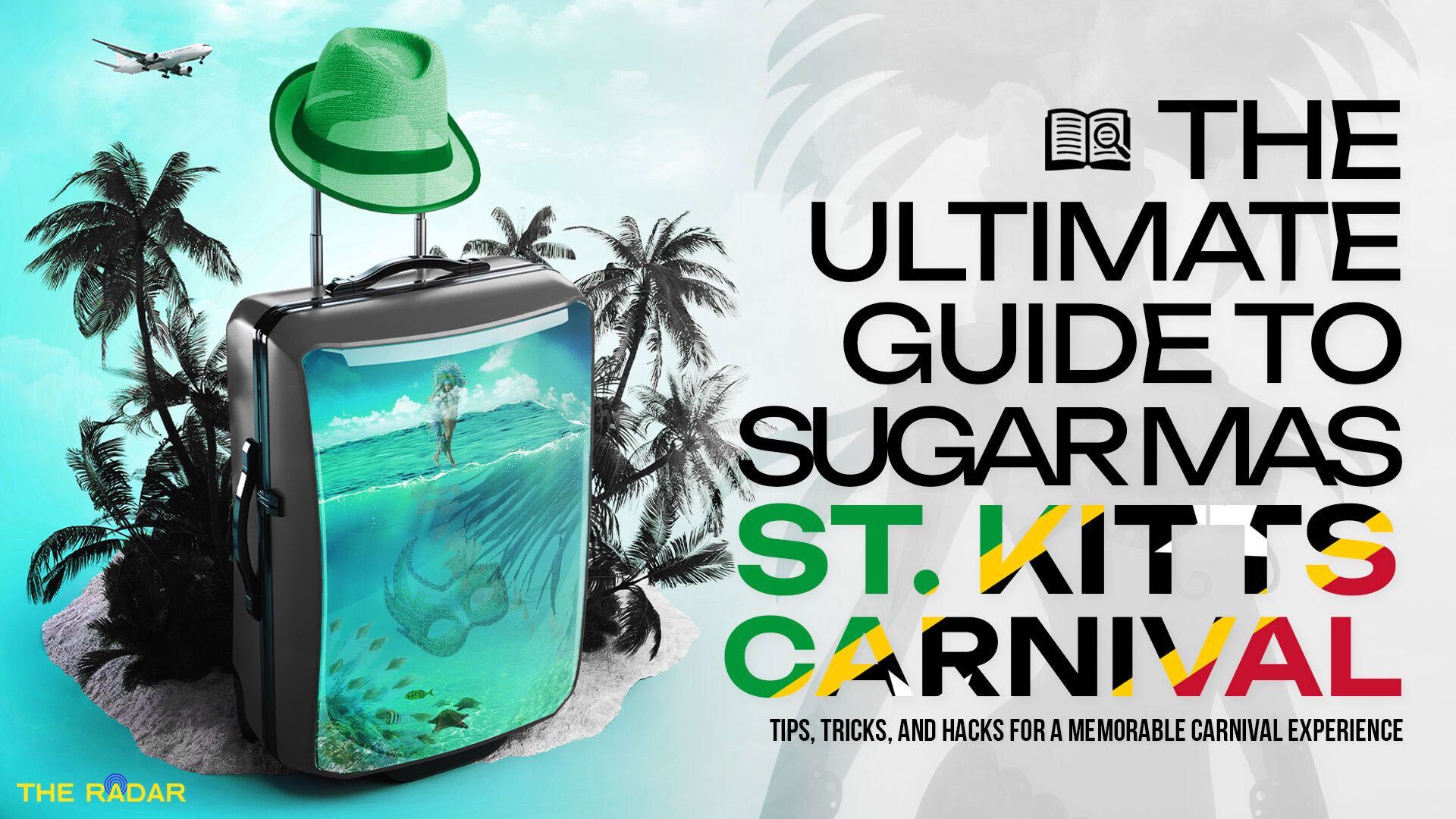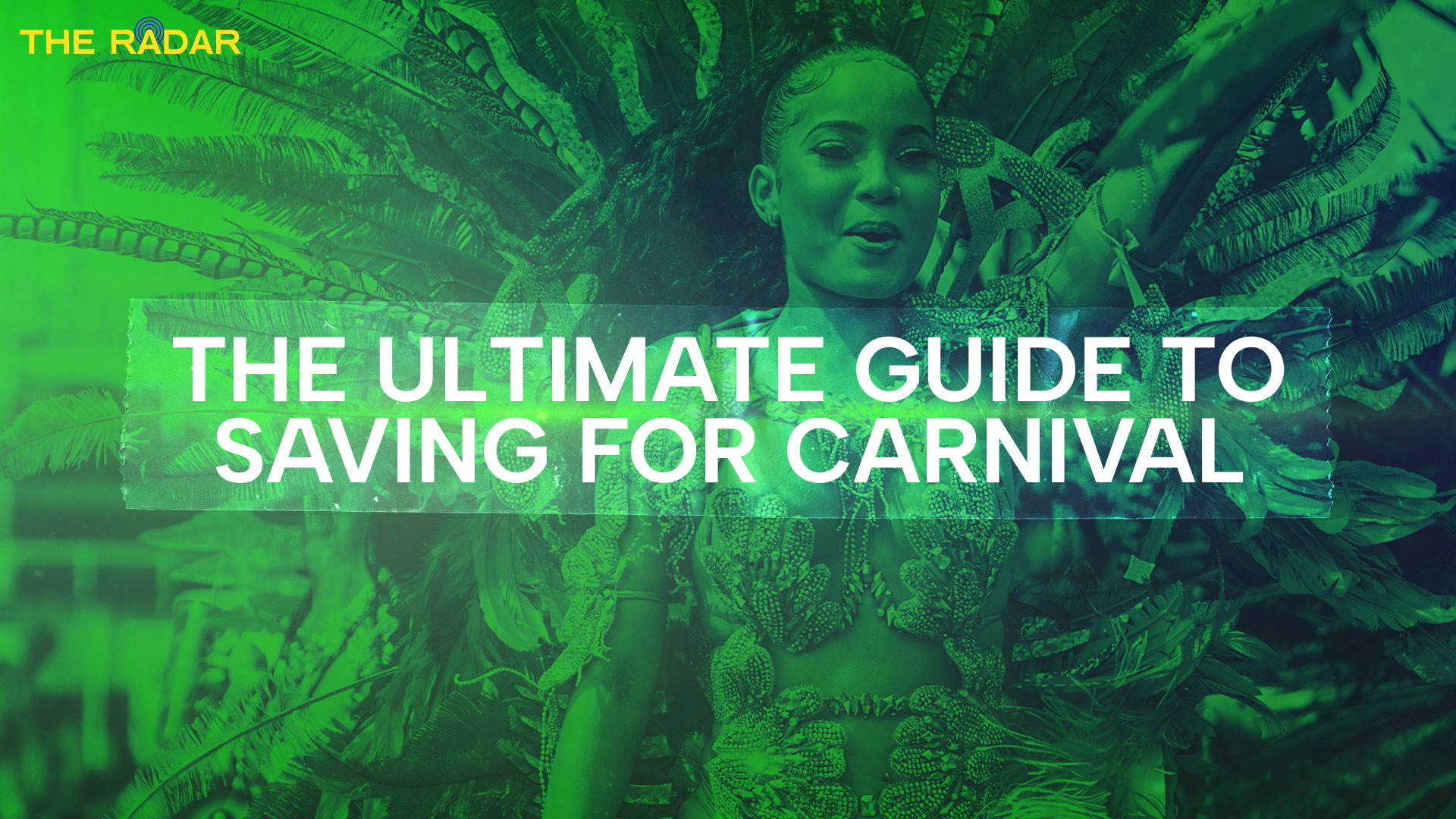Welcome to the world of Carnivals! If you’re a first-time masquerader, or thinking of attending a carnival in the Caribbean or its diaspora, look no further than The Radar’s own Ultimate Beginner’s Guide to Carnival. We answer all questions and provide much needed information about everything you need to know to make your time on the road—or in a fete—a good one.
The most important rule is knowing that participating in Caribbean culture is a privilege. For first-time masqueraders, carnival is a whole new world and in some cases the traditions and customs can be misunderstood. Carnival is a historic celebration that many of our ancestors engaged in as an exercise of their freedom and liberation during and post-the abolishing of slavery.
Be sure to check out our commonly asked questions below for more information about this revered practice.
What are Carnival's Historic Roots?
Originally, carnival was a pagan festival celebrated by Europeans prior to the Lenten season. As the French colonial powers settled in the Caribbean, they brought their traditions with them which included carnival. During their celebrations, they would eat, drink and feast in a masquerade ball. Then enslaved Afro-Trinidadians would mimic the plantation owners throwing an analogous event of their own.
The next stage of Trinidad Carnival’s development came from what emerged after the 1881 Canboulay Riots, which is often cited as the precursor to how carnival is contemporarily celebrated and where many of the current traditions were birthed. Calypsonian and academic, Dr. Hollis Urban Lester Liverpool who is more affectionately known as The Mighty Chalkdust, has produced research establishing connective tissue between pre-colonial practices that, by way of the trans-Atlantic slave trade, were maintained in Carnival like calinda (stickfighting).
Carnivals are celebrated year round across the Caribbean and its diaspora and outside of the pre-lenten season. Though the cultural traditions, practices, costumes, characters and folklore across the region have some shared elements, each carnival procession and celebration is contoured by the unique and distinct history particular to its host country.
What Kind of Music Will I Hear?
The genre that is played at most carnivals, fetes and j’ouverts is soca, however the type of soca you hear will depend on where the carnival is being held. Within soca are different strains that are often informed by the country they are produced in. For example, dennery segment is native to St. Lucia, bashment soca is a genre made in Barbados and wilders is the kind of music produced in St. Kitts and Nevis, to name a few. Some carnivals also include other genres, but that depends on the host country.
How Do I Dance at Carnival?
A wine is just a wine. You’ll find very enthusiastic revelers who just want to “free up and have a time,” but with that freedom comes respect and responsibility. Dance only with consenting individuals and be respectful of other people’s bodies and personal space. Many people describe carnival as “euphoric” and “liberating,” and once the sound of soca hits your spirit while you’re on the road, you’ll understand why so much of the Caribbean community treasures it.
After I Purchase a Costume, What's Included in the Package?
Costume packages differ based on what each band or section offers, but it’s typical for your package to include your costume, a goodie bag, unlimited drinks (except for Toronto’s Caribana as the Liquor Control Board of Ontario does not permit alcohol consumption in non-gated/designated places), unlimited food and, of course, unlimited and music on the road.
When Should I Start Planning?
Planning can depend on the carnival destination, costs and accessibility, however the rule of thumb is to start planning at least six months prior to the carnival’s parade. For the more popular carnivals, like Trinidad, it’s advised you plan a year in advance.
How Much Does Carnival Cost?
Expenses can vary depending on many factors but we advise that you budget accordingly. Carnival costumes can start as low as $300 dollars, but many go well into the thousands. When you sign up to play with a band, it generally covers the costs of the road march, but select bands and sections offer fetes, j’ouverts or wind downs/cool offs for their revelers.
The general costs to attend carnival can be categorized into the following:
- Costume and the road march
- Fetes/j’ouverts
- Lodging
- Flights
- Food and drinks
- Transportation
- Outfits
When Can I Sleep?
There are multiple events happening during carnival season and it’s customary to celebrate and party into the morning hours. The cardinal rule when attending carnival and playing mas is knowing your limits and pacing yourself. It is especially important to remember this if you plan to attend fetes and j’ouverts the night/morning before the road march so you’re able to complete the march in full during the parade day.
There Are Many Terms I Don’t Understand. What Does Play Ah Mas Mean?
Keep up with the most experienced feterans and carnival chasers with our Ultimate Guide to Carnival Terminology.




